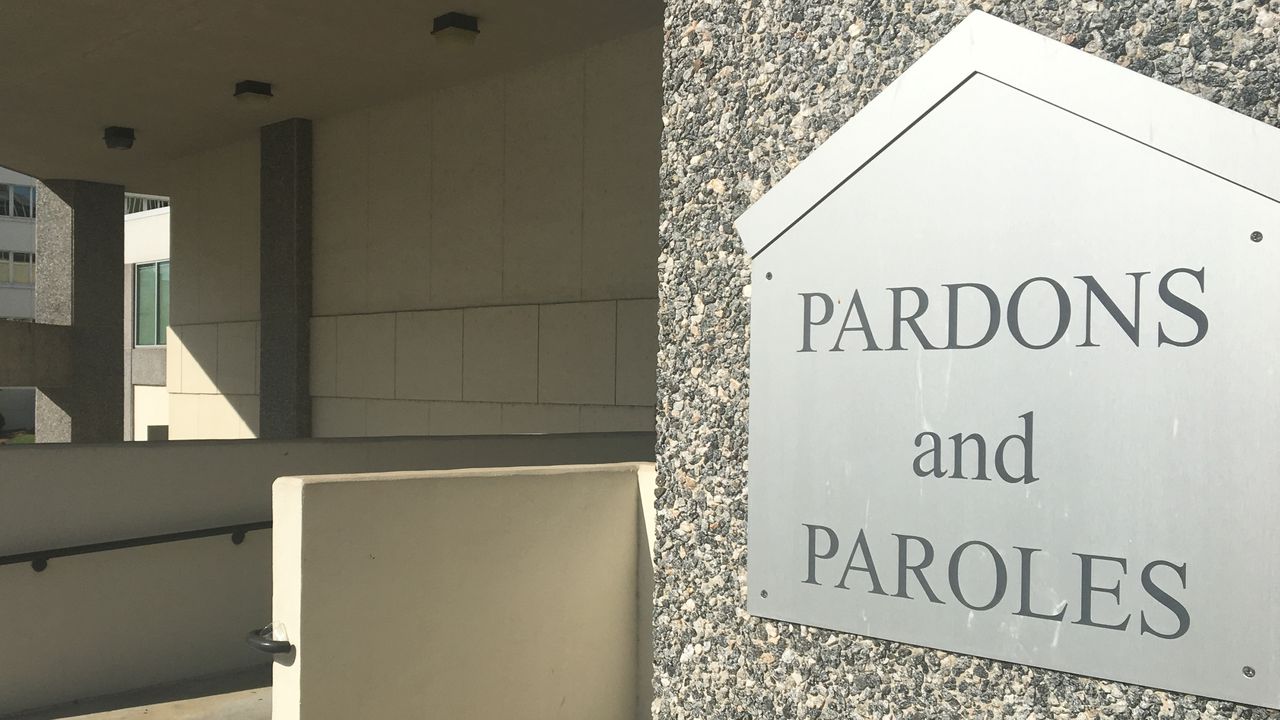Parole Board guidelines bill stalls in Alabama House Judiciary Committee
By Ralph Chapoco
An Alabama House committee Wednesday stalled a bill that would have established guidelines for parole and risk assessments for applicants.
Republicans on the House Judiciary Committee sent HB 16, sponsored by Rep. Chris England, D-Tuscaloosa, to a subcommittee after a lengthy debate where opponents said it would hobble the Pardons and Paroles Board and England said it would provide oversight amid a major slowdown in paroles.
“I think one thing that we could all agree on is that Pardons and Paroles needs a little bit of work,” England said. “I think we can all agree that the process needs some oversight. What House Bill 16 does is essentially create that oversight.”
The bill would create a Criminal Justice Policy Development Council to create guidelines for considering parole decisions for the incarcerated. The Board of Pardons and Paroles currently has the discretion to ignore recommendations and risk assessment in determining parole decisions. England’s bill would require the board to use the council’s guidelines and explain departures from them.
The legislation would also allow those denied parole because the Board deviated from its guidelines to appeal to the Alabama Court of Criminal Appeals.
The Legislature overhauled the Parole Board in 2019 after an inmate named Jimmy Lee Spencer, mistakenly classified as nonviolent, was released. Spencer was later arrested and charged with the murders of three people, including a 7-year-old.
Parole grants have dropped significantly in recent years. In 2022, the board only granted parole for 10% of applicants. Critics say the process is arbitrary and exacerbates an overcrowding crisis in Alabama state prisons that has brought a lawsuit from the U.S. Department of Justice.
England said Wednesday the Board of Pardons and Paroles is fueling the overcrowding crisis and making prison facilities unsafe.
“Our choke point is at our Pardons and Paroles board when from 2019 up to now, our prison population has skyrocketed,” England said.
Republicans on the committee raised several objections to the bill. Some objected to the appeal process in the legislation. Rep. Matt Simpson, R-Daphne, said it would grow the size of the government.
“You are creating this new level of government that will come through to the committee, and a new bureaucracy that will oversee the board of pardons and paroles that will come up with these guidelines that if the Board of Pardons and Paroles does not follow, then there is an immediate appeals process to the Court of Criminal Appeals,” he said.
Rep. Jerry Starnes, R-Prattville, said he saw nothing wrong with the Board’s approach.
“When the parole board has a packet or considers somebody on parole, they are picking from the bottom of the bottom,” Starnes said.
Starnes said in an interview after the meeting he was referring to were the most dangerous criminals in the prison system. He went on to say during the meeting that people are getting release, but through mandatory release and not through the parole board.
Criminal justice advocates criticized the committee’s decision. Katie Glenn, a policy associate with the Southern Poverty Law Center, which is representing inmates in lawsuits over mental health and medical care in the prisons, said the Board has only granted parole in 6% of cases. Glenn said the board has denied parole to 74 people this month on minimum custody work release.
“It is clear that something is broken with regards to the Board of Pardons and Paroles,” she said. “This bill would not fix all of that. It is a fix to at least provide some transparency and some accountability, which is the first step towards creating a system that functions as it was actually intended.”
